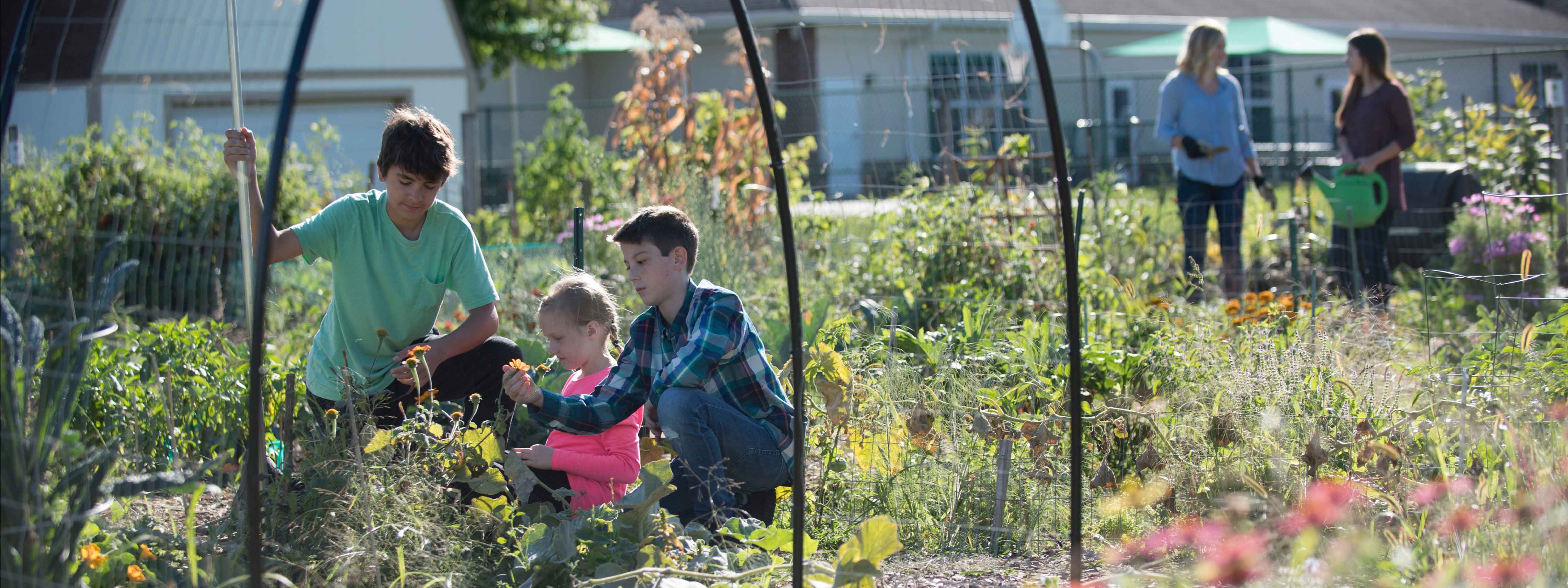Shifting Tides

~by Heather Strohm
Regional Extension Educator, Community Development – Purdue University
History has a way of repeating itself. Within the world of fashion, mullets have reappeared in adolescents. Men are wearing shorter, tighter shorts as they did in the Magic Johnson era. Home decorating trends and business practices are following the same patterns. Just as the clock ticks along, retailers make strides as they adjust their paradigm from the traditional storefront to the virtual one. Why are stores closing, malls shutting, and business models shifting? The answer is right before us as we don masks for errands and doctor appointments. Coronavirus. As our world recognizes this new normal for all of us, businesses are indeed no different. If companies are going to be successful, they must understand how to reach their customer in this pandemic and continue to operate in a world of constant change.
This bleak turn of events has provided more fuel to online retailers already swiping market share away from malls and other retailers that were relying on foot traffic to apparel shops and department stores in particular. Stores are accelerating their closure rates; foot traffic is not enough to maintain operating expenses. Retailers have been forced to adjust their business model or close their doors.
Location was traditionally a primary factor for a business as they launched, but as we embark even more into e-commerce, it is branding, marketing, digital presence, and search engine optimization that have become paramount. Competition remains fierce and customer service is imperative, regardless of a physical location or virtual one. The same 80/20 rule of thumb remains true: “Eighty percent of a company’s revenue is generated from 20% of customers.” A company should recognize how to leverage those relationships in a virtual space to enhance experiences, referrals, and marketing endeavors. With no deadline marked for the pandemic, businesses are forced to use a blended retail space and/or virtual model to remain sustainable and prosperous in today’s society.
7 Steps for Keeping Your Business Sustainable During Covid-19:
- Analyze your ongoing burn-rate in both standard scenarios and ‘bare-bones’ scenarios.
- Think about adapting to current market trends in a complementary way.
- Look at your competition – what are they doing, and what can you learn?
- Consider your time’s value—is there something you can be doing, related or otherwise, that is a more valuable use of your time?
- Practice “formative” evaluation—is something changing in the way your customers are thinking? How can you quickly adjust to serve their needs?
- Utilize time at home to read, take courses, and learn—so that when things are a bit more familiar, you can fly by whatever competition you have.
- Keep an open mind and stay positive.


